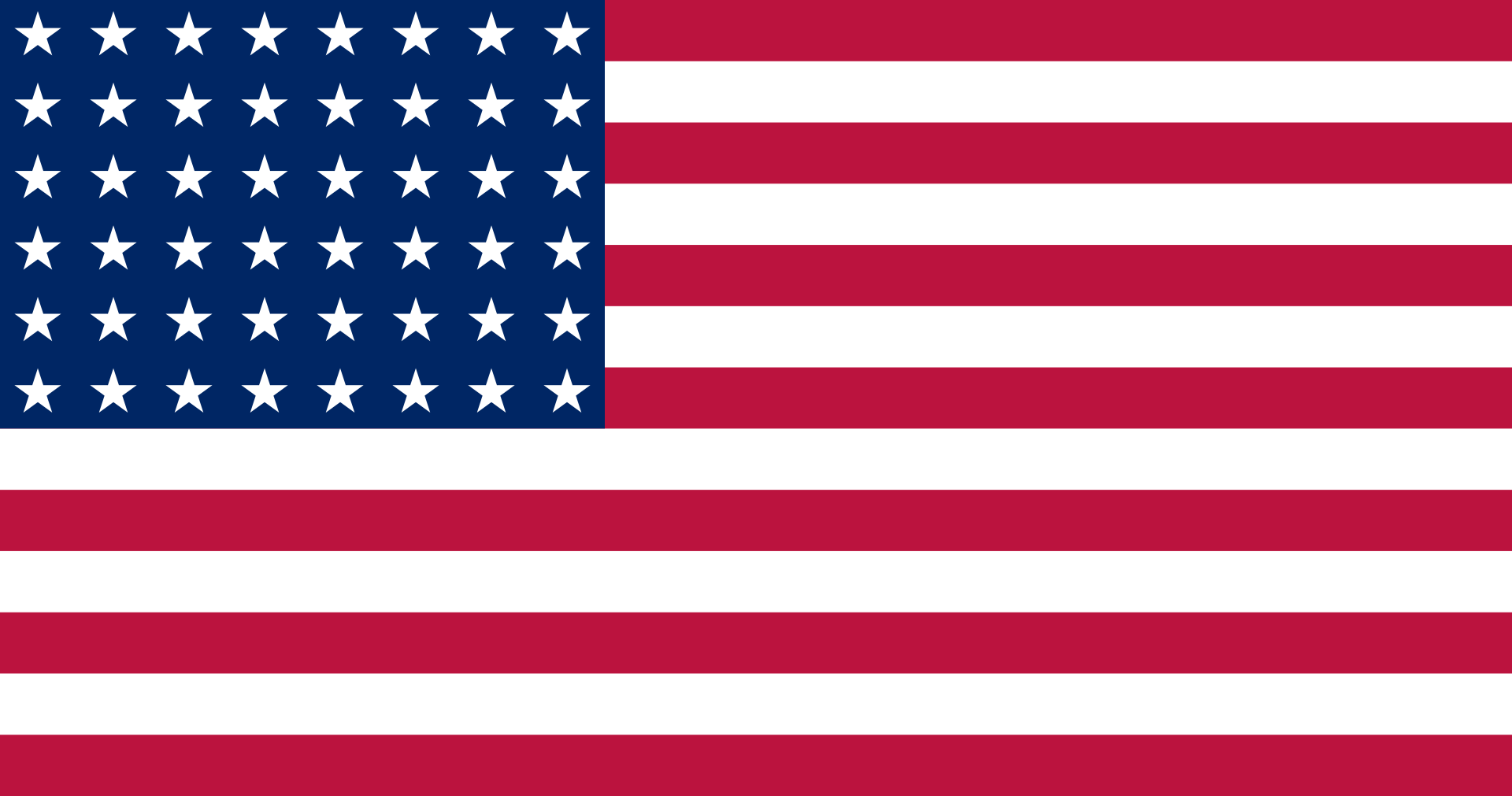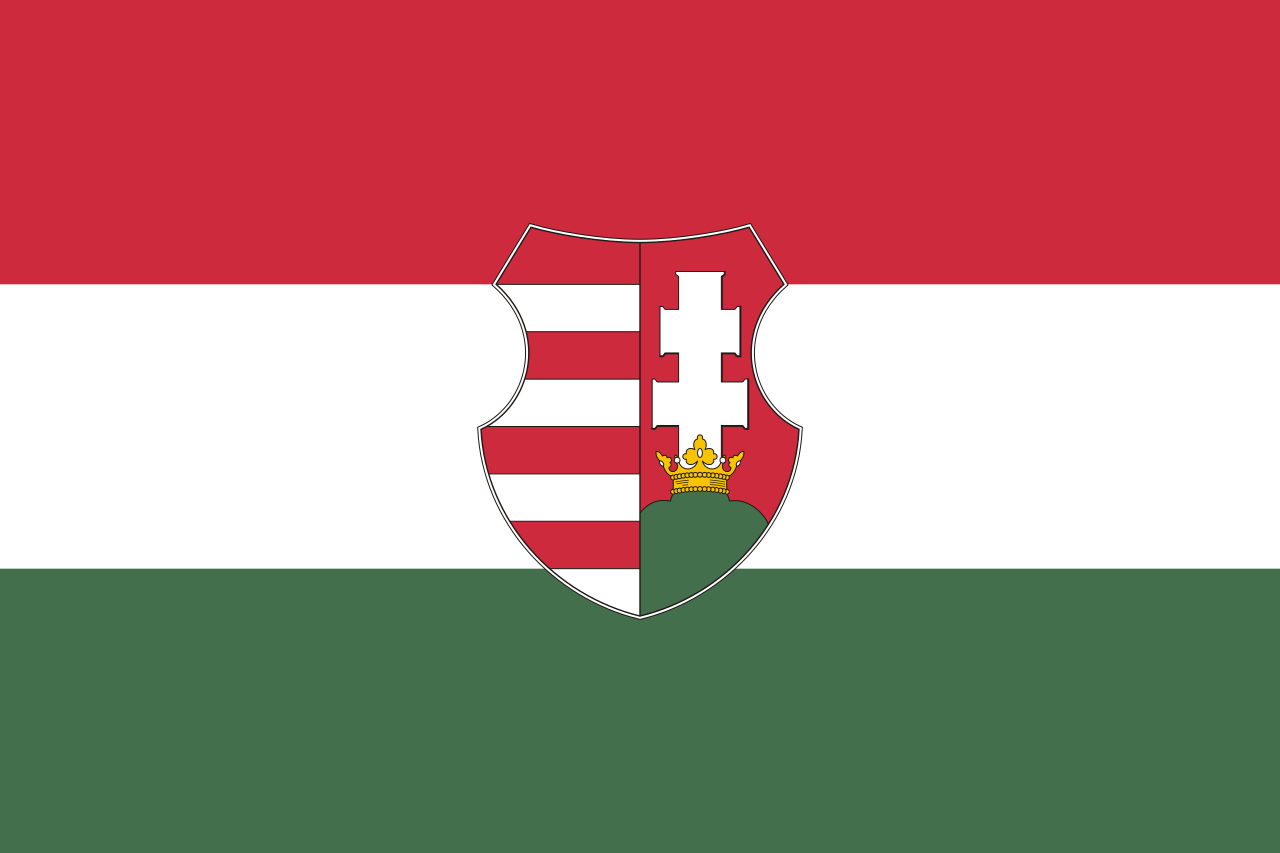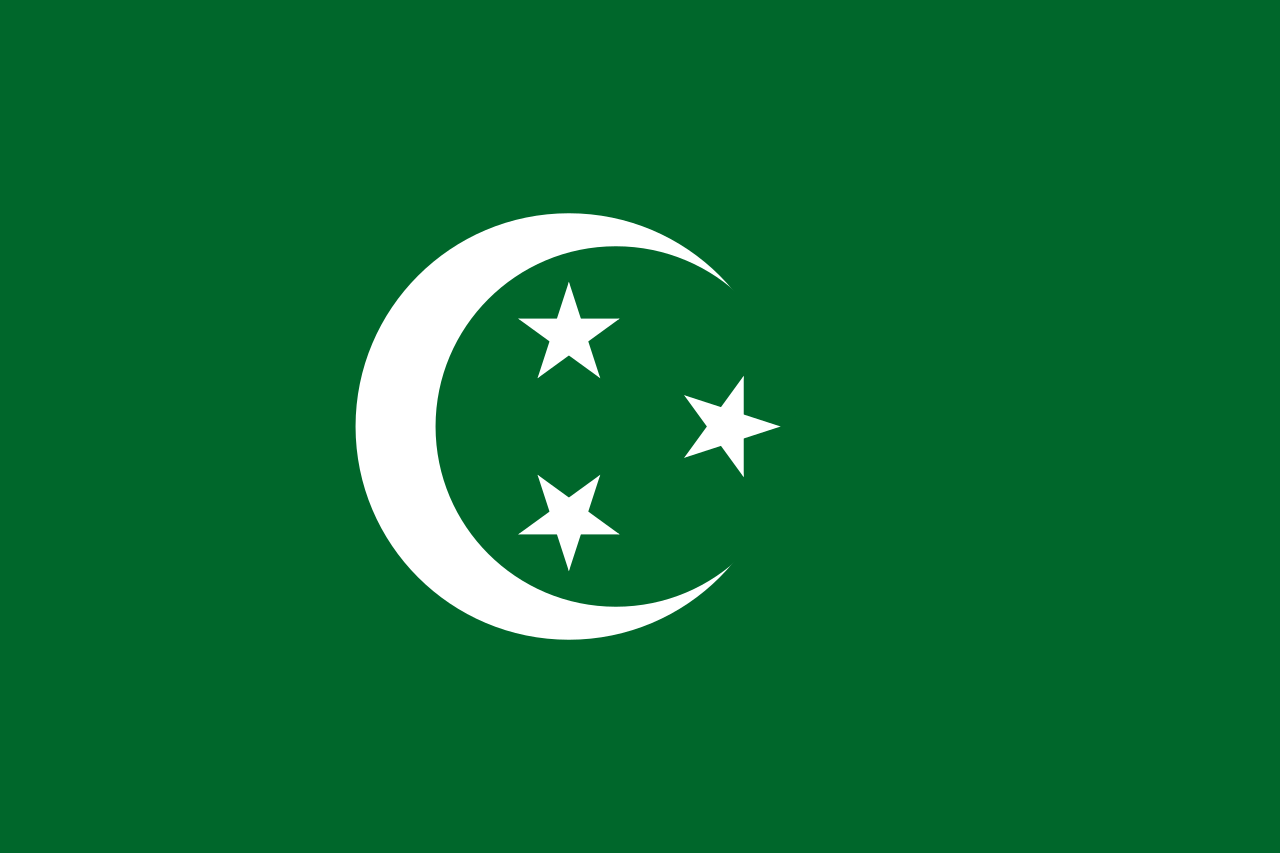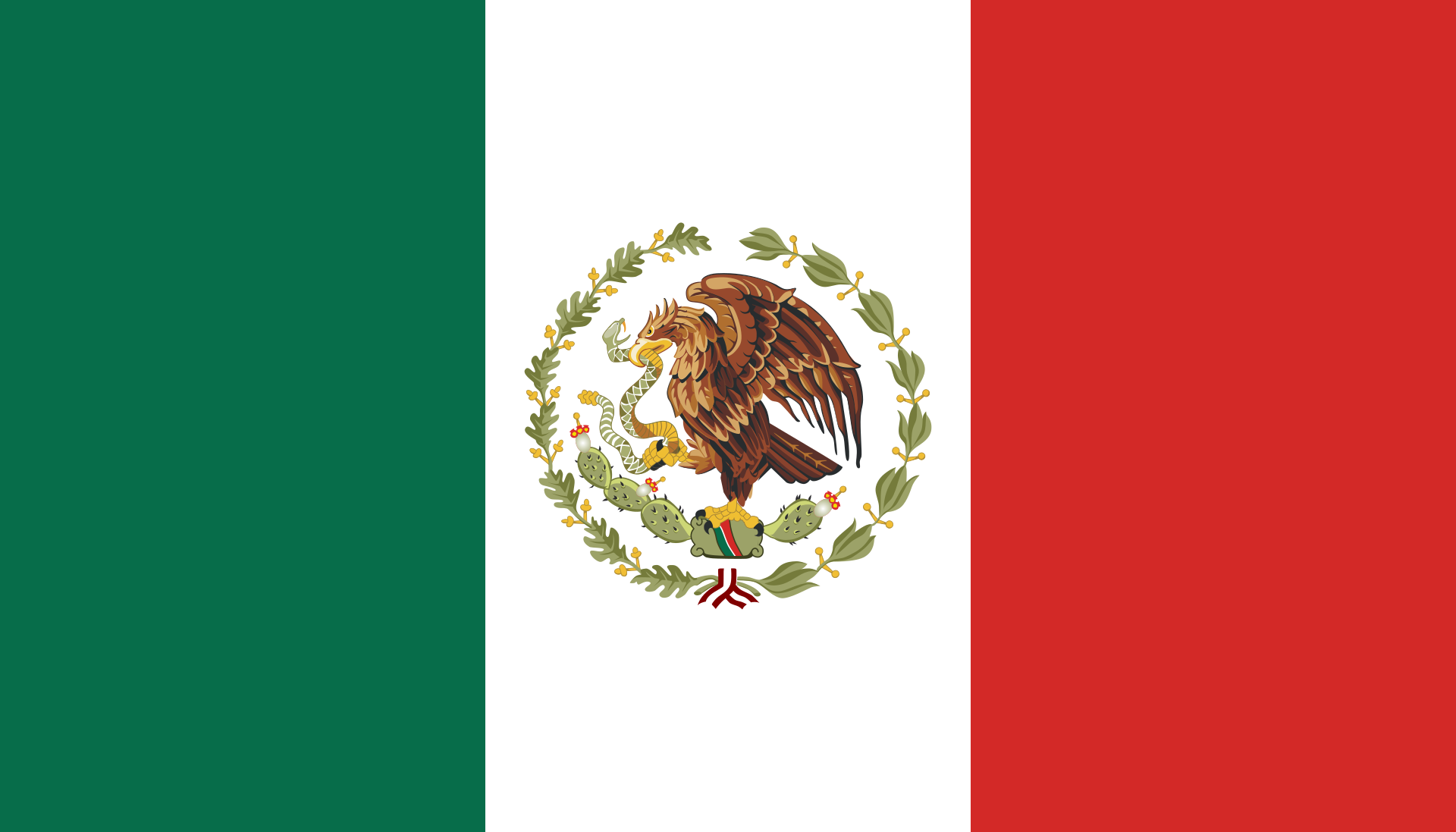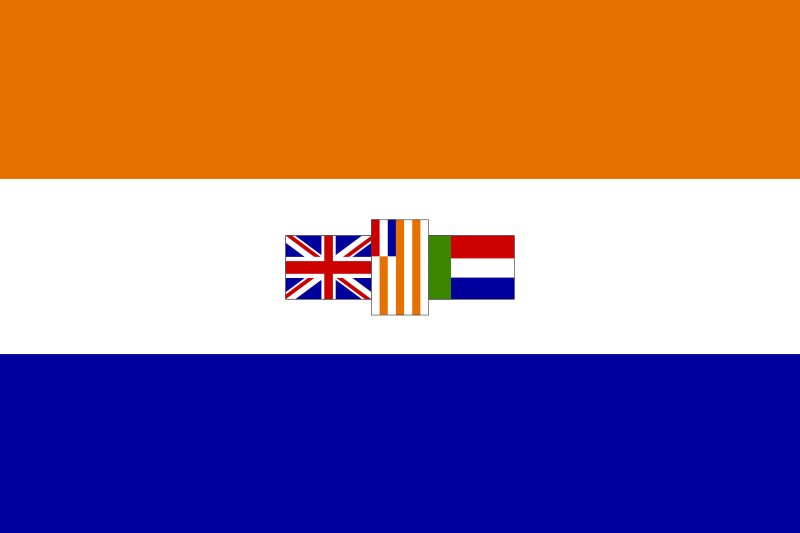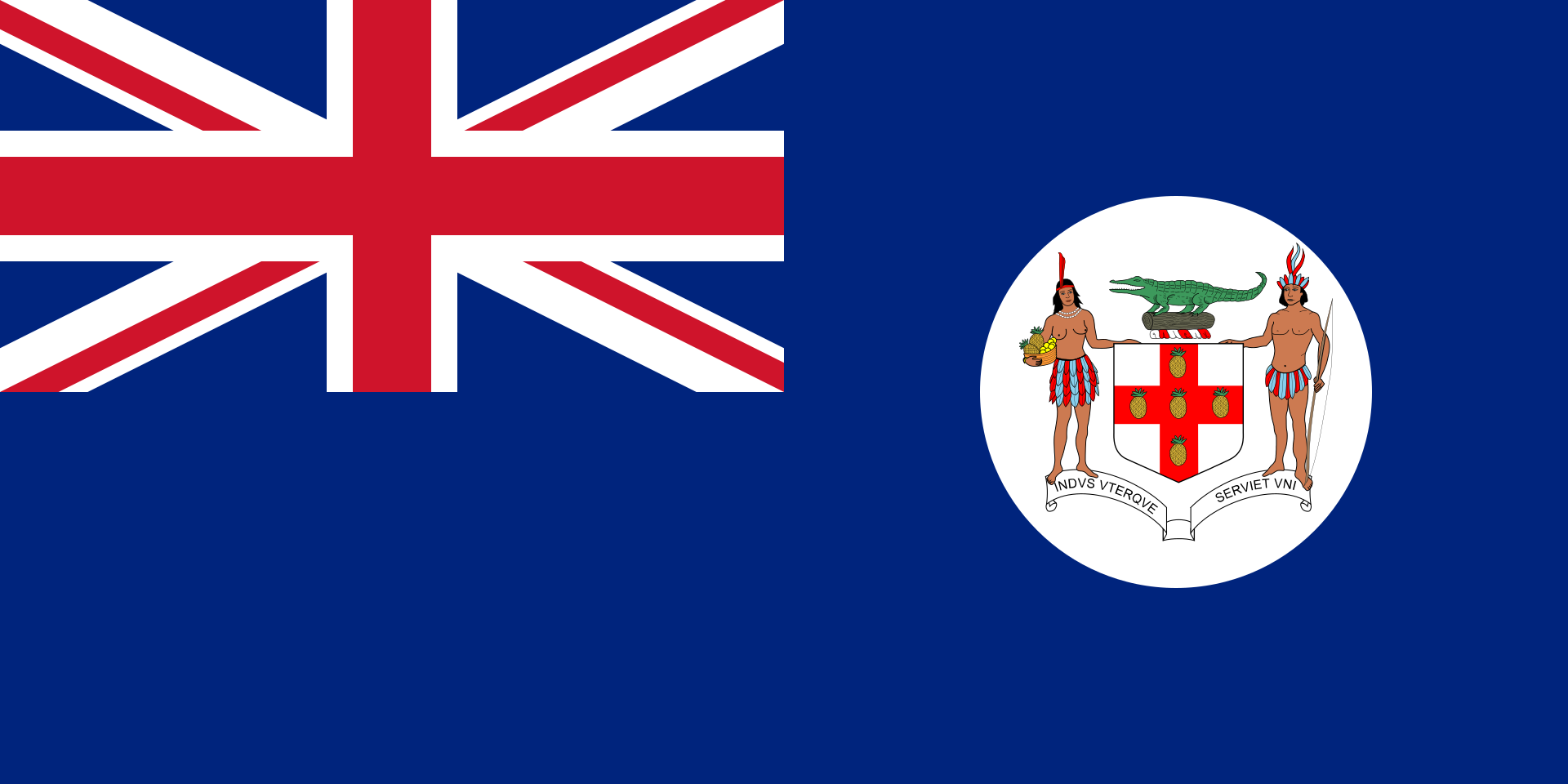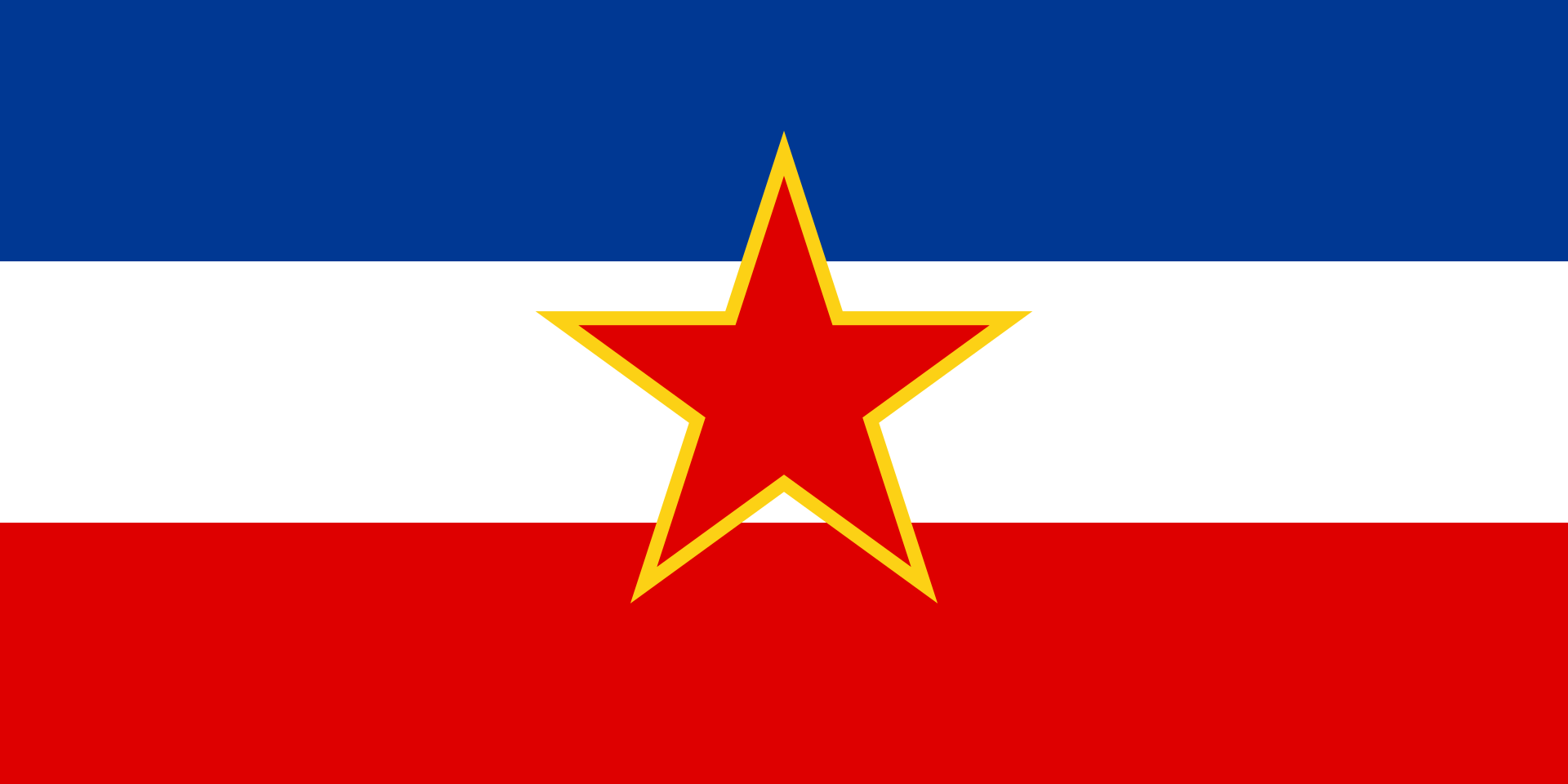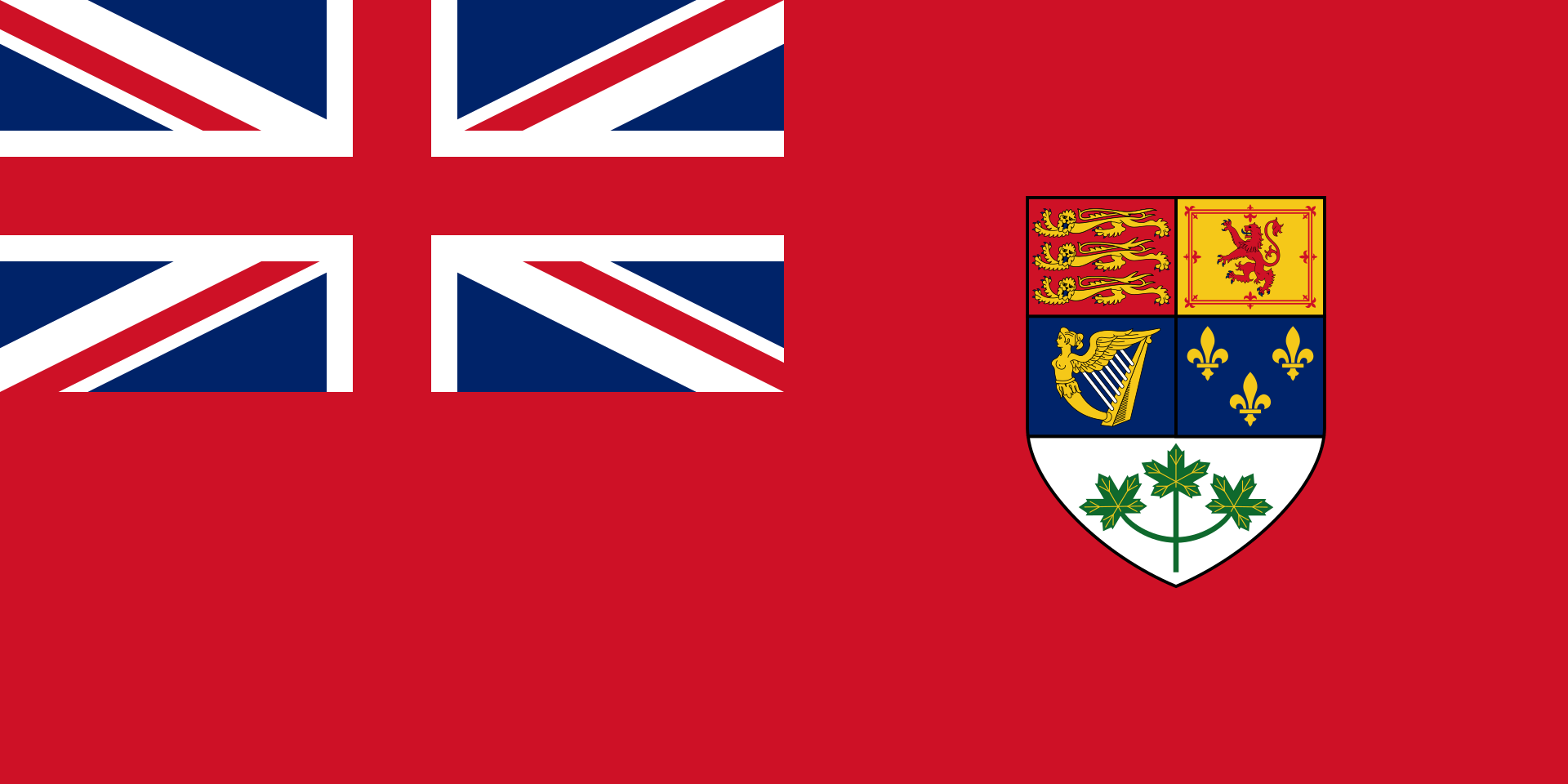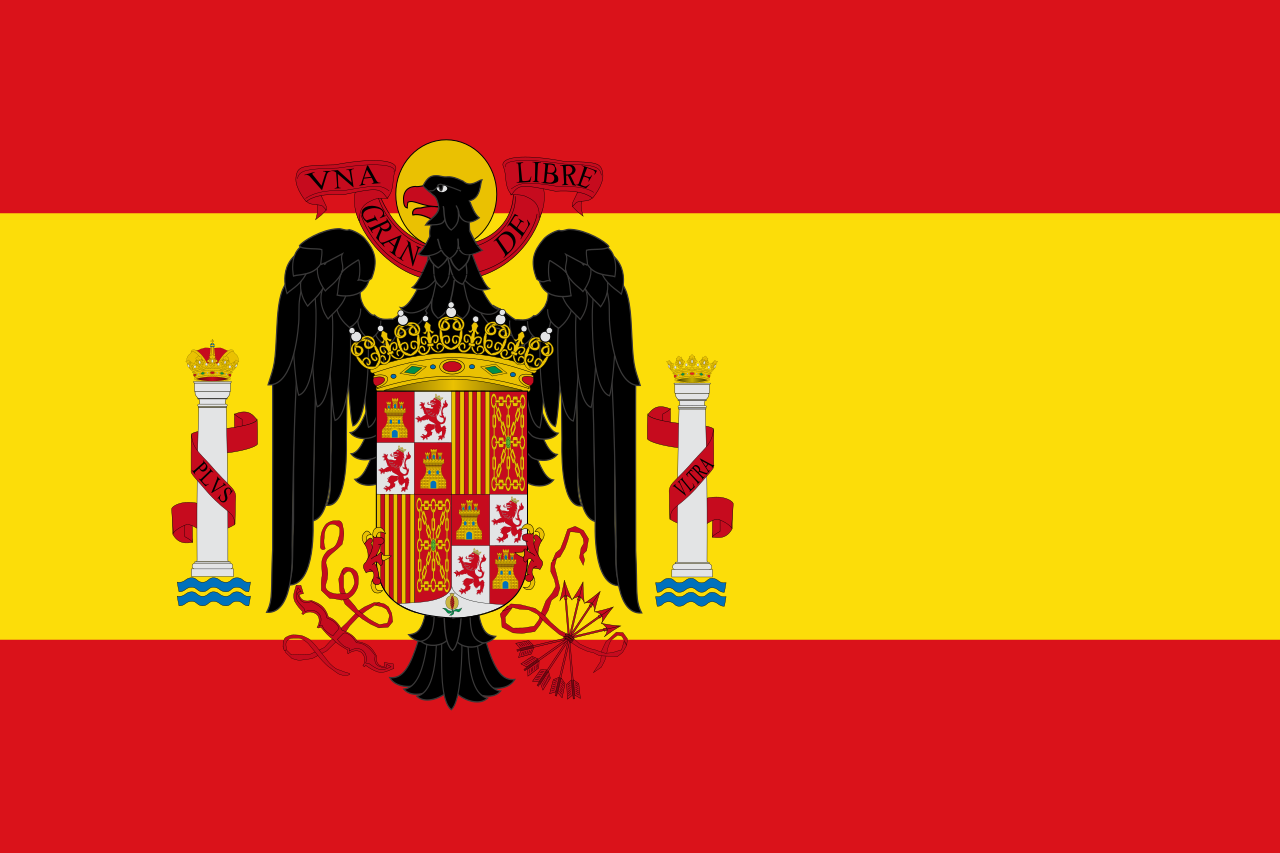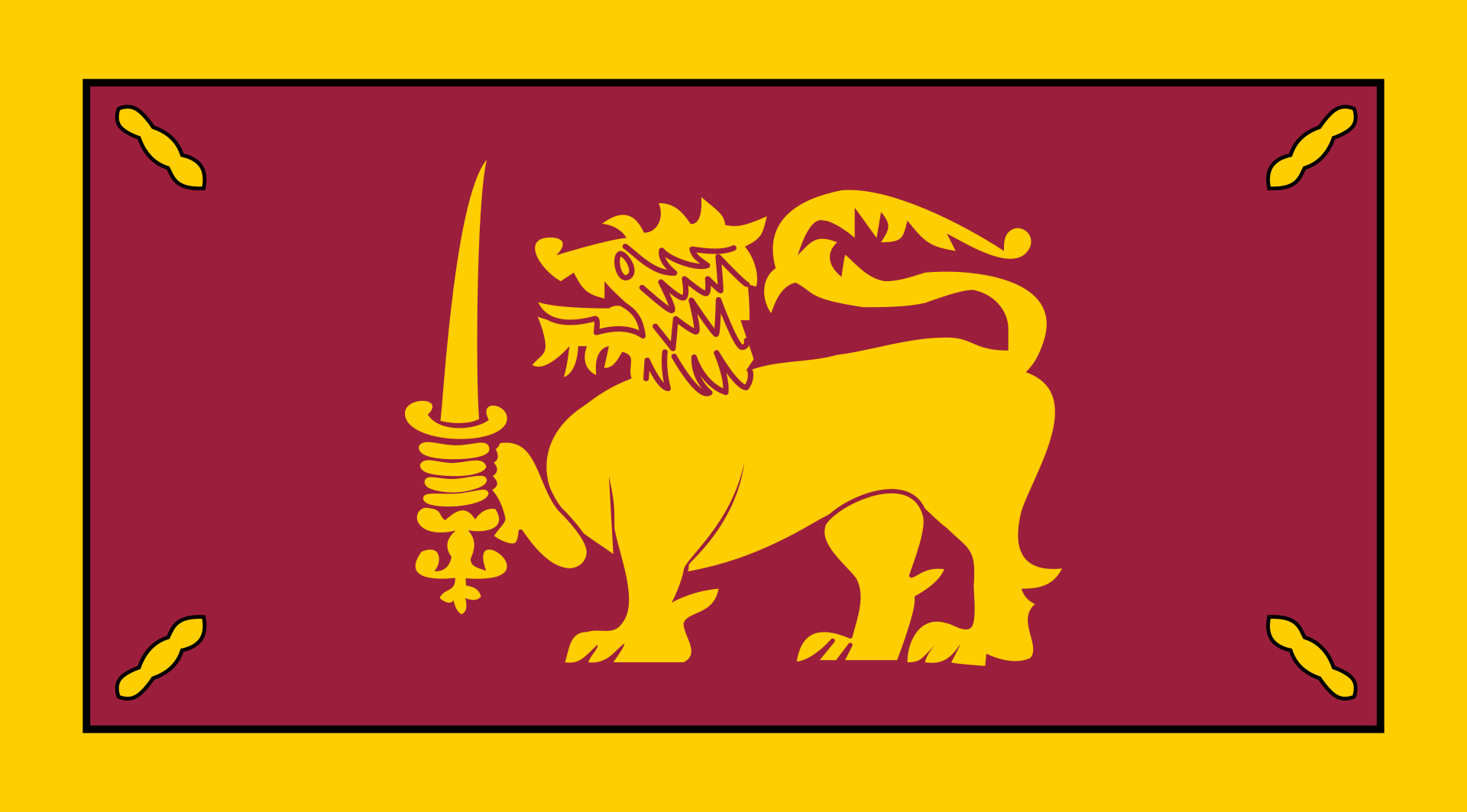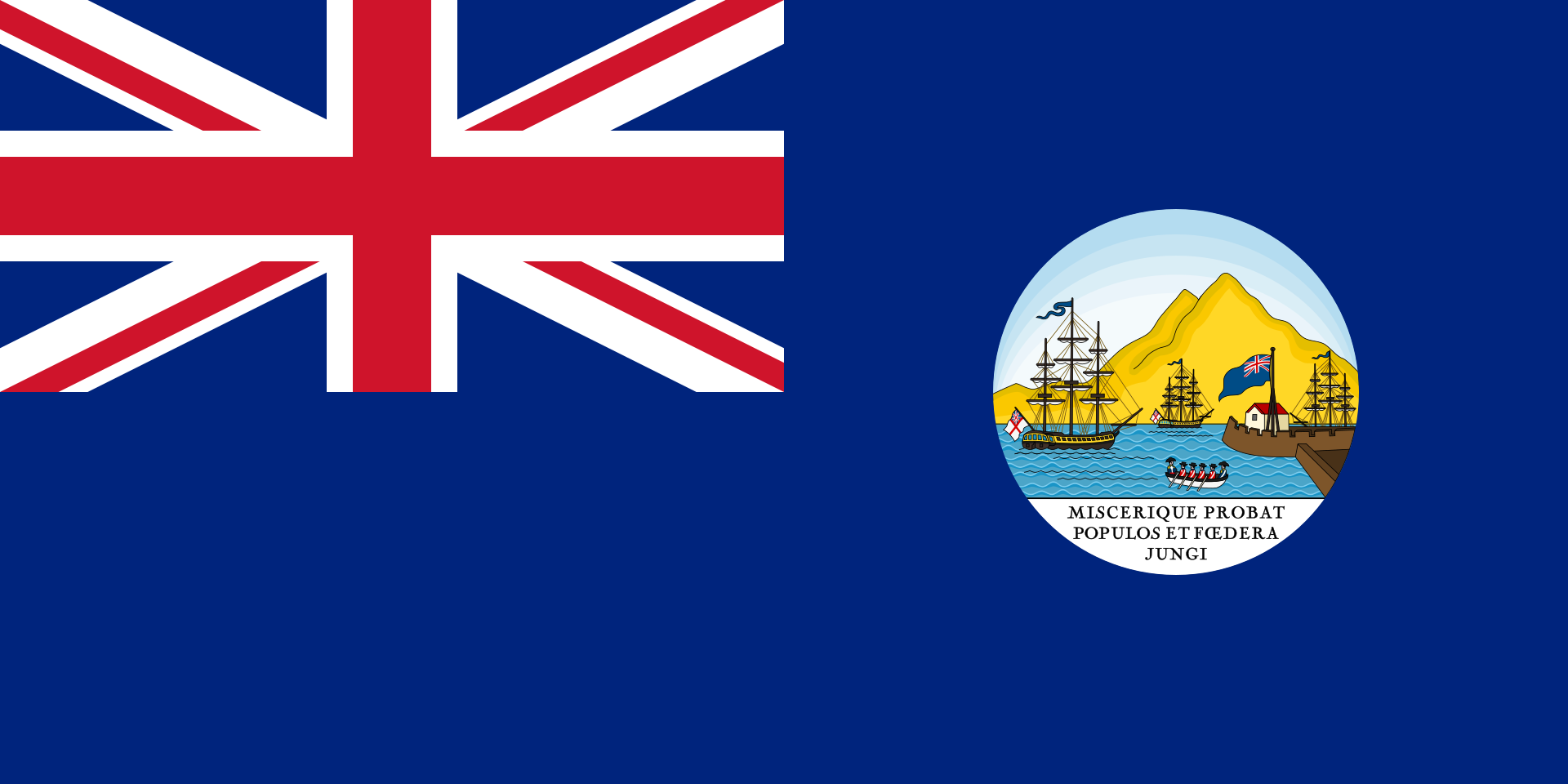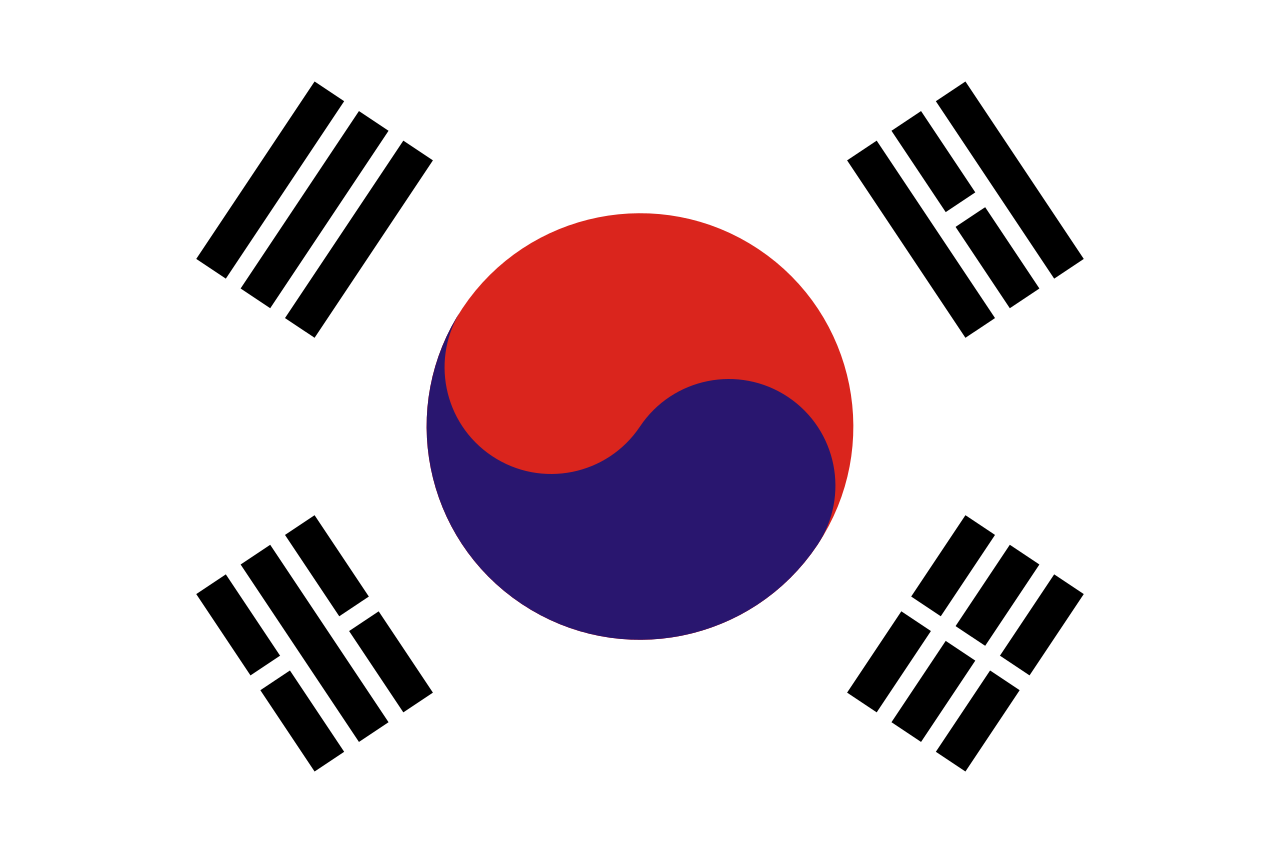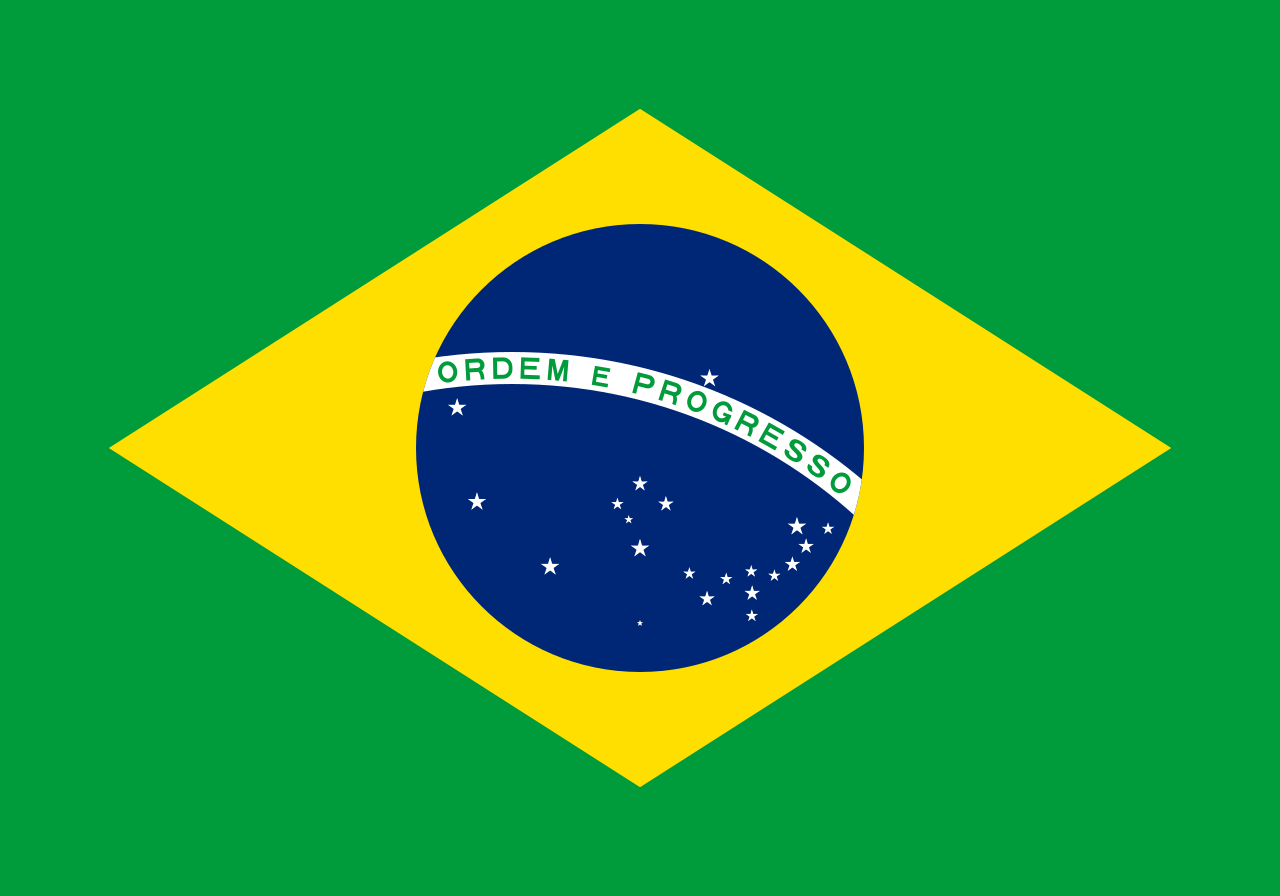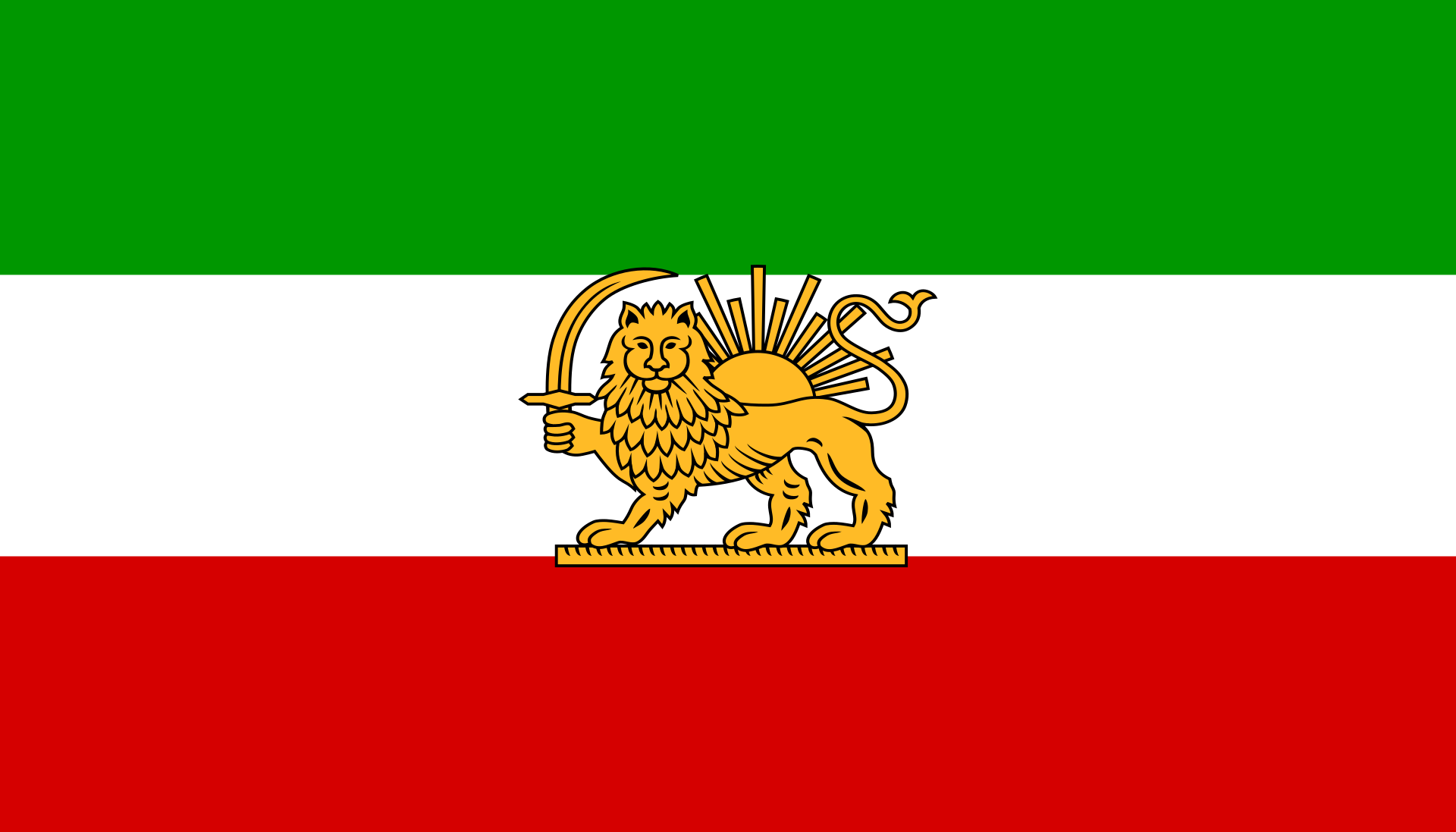
14. Olympic Summer Games
Olympic Medals in the games of 1948 in London
411 Medals in 19 Sports in 136 Events
Beginning in 1948, the winter and summer games were no longer awarded to the same nation in the same year. London had already hosted the Olympic Games in 1908 and should have hosted the Summer Games in 1944. London had suffered a lot from the aftermath of World War II and originally wanted to let the United States do the games. But King George VI. saw an opportunity to rebuild, so London exercised its right to host. Germany and Japan were not invited because of their role in World War II. The Soviet Union was only supposed to intervene in Olympic events 4 years later.
Before the games started, it was hardly noticed in public and in the media that the Olympic Games were imminent. On the opening day on July 29th everything was different. 82,000 spectators filled the Wembley Stadium, it was extremely hot, it took 50 minutes for the 59 nations, a new record, to move in. As in 1936 there was a torch relay, which had its origins in the Olympia, the Corfu - Bari route was covered by ship. 7,000 homing pigeons were released, 21 salute shots, fanfares, colorful flags were blessed by the Archbishop of York, a choir sang the Olympic anthem, the Olympic Oath.
Most of the competitions were held at Wembley Stadium. However, this had been badly damaged by the war and had to be rebuilt, and an express train station there was also rebuilt. All other necessary sports facilities were available, which was a very big advantage in the tense economic situation.
In the 100m running final, 4 blacks competed against two light-skinned British for the first time. The 3 medals were won only by dark-skinned athletes. A picture that viewers have got used to to this day. A white man in an Olympic 100m final would certainly be something special in the 21st century.
Art competitions were the last time at the London Games.
The television broadcast the opening ceremony and another 60 hours live for the first time in the living room of the British. At that time there were around 80,000 televisions in Great Britain, so around 500,000 people could watch live. Before the final ceremony, the big jumping test of the riders was carried out, immediately afterwards the athletes marched into the stadium behind their standard bearers. The London Games were a celebration of peace.
